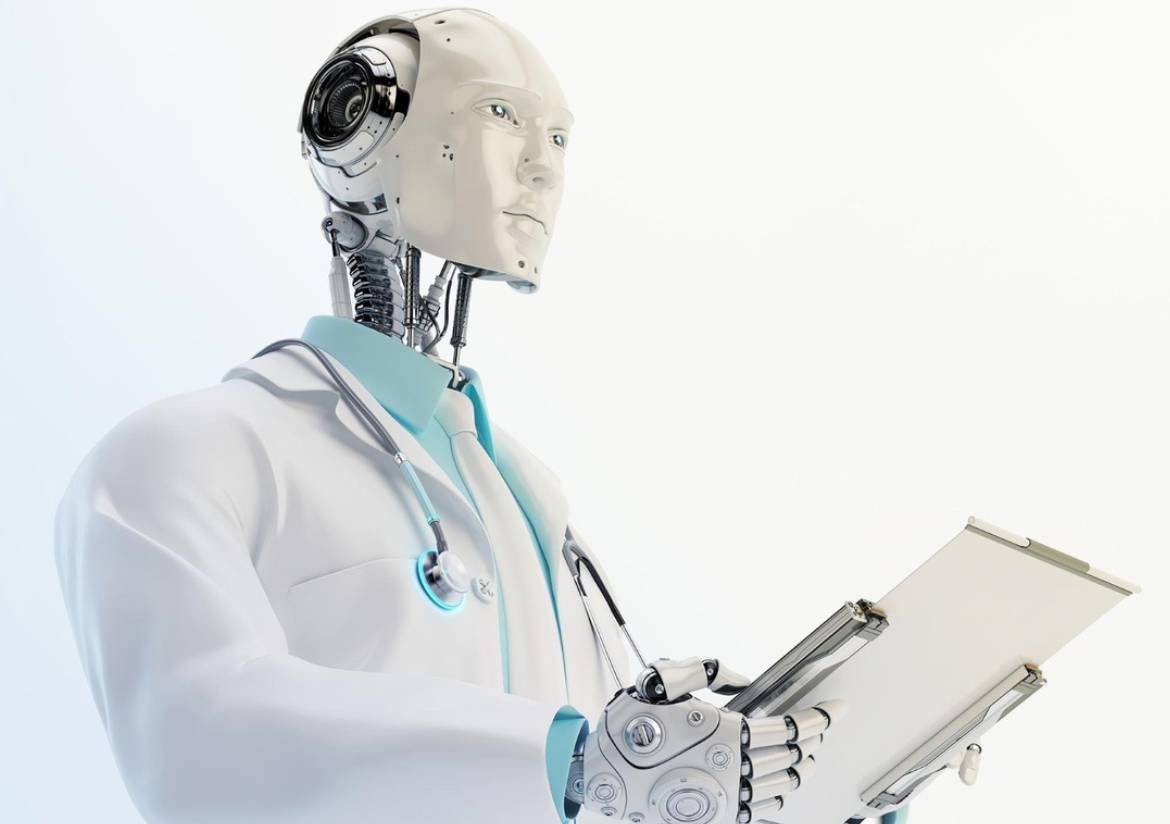AI in Dentistry: Transforming Diagnostics for More Accurate Patient Care
The integration of artificial intelligence (AI) in dentistry is transforming diagnostic processes and enhancing patient care. AI technologies are being employed to analyze vast amounts of dental data, improving accuracy and efficiency in diagnosis and treatment planning.
Key Benefits of AI in Dental Diagnostics
Personalized Treatment Plans: AI-driven tools can help create customized treatment plans based on a patient’s unique dental and medical history. By considering various factors, such as genetic predispositions and lifestyle choices, AI can facilitate more effective and targeted treatments, ultimately improving patient satisfaction
Improved Diagnostic Accuracy: AI algorithms can analyze dental radiographs and images with remarkable precision. They assist dentists in detecting conditions such as cavities, gum disease, and oral cancers earlier than traditional methods. For instance, machine learning models can identify subtle patterns in imaging that might go unnoticed by human eyes, leading to earlier interventions and better patient outcomes.
Predictive Analytics: AI systems can use historical patient data to predict future dental issues. By analyzing trends in a patient’s dental history, these systems can suggest preventive measures tailored to individual needs. This proactive approach not only enhances patient care but also reduces the need for invasive procedures.


Streamlining Administrative Tasks: Beyond diagnostics, AI can optimize administrative processes within dental practices. It can automate scheduling, billing, and patient communications, allowing dental professionals to focus more on patient care rather than administrative burdens.
Challenges and Ethical Considerations
Despite the benefits, the implementation of AI in dentistry faces challenges. Issues regarding data privacy and the ethical implications of relying on AI for clinical decisions are of significant concern. Ensuring that AI systems are trained on diverse datasets to avoid bias is crucial for equitable patient care us mus.


